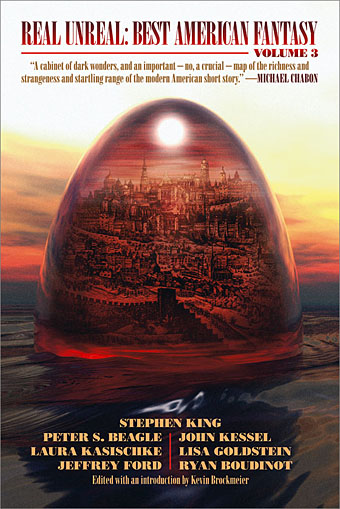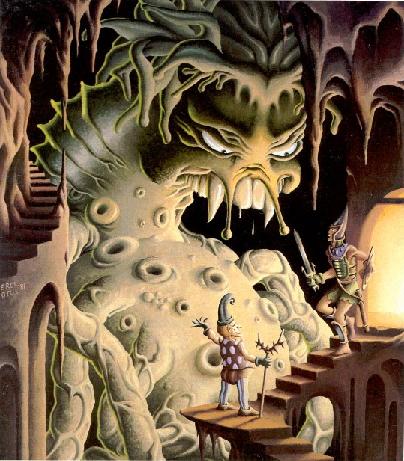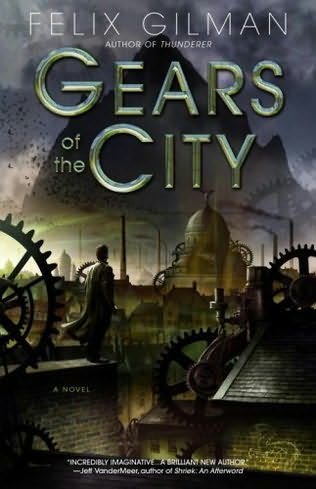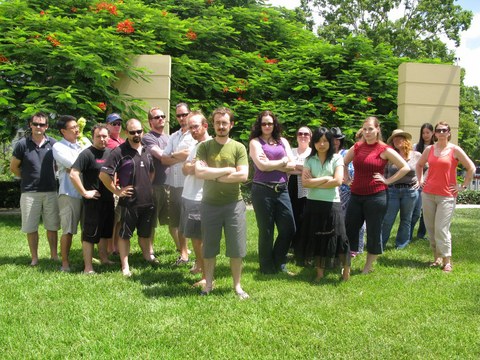Notes From an Emergency Meeting of the Institute for the Study of Cephalopod Progress
Comment number:
5
Advertisement

Showing 12 results







“We are all stardust and stories.”
Erin Morgenstern, The Starless Sea
For compliance with applicable privacy laws:



